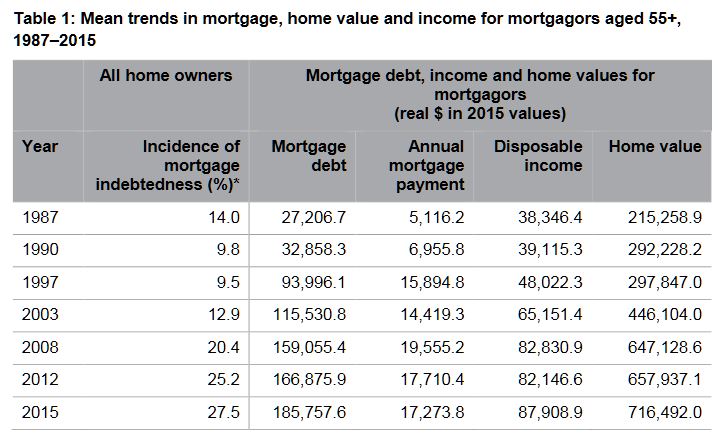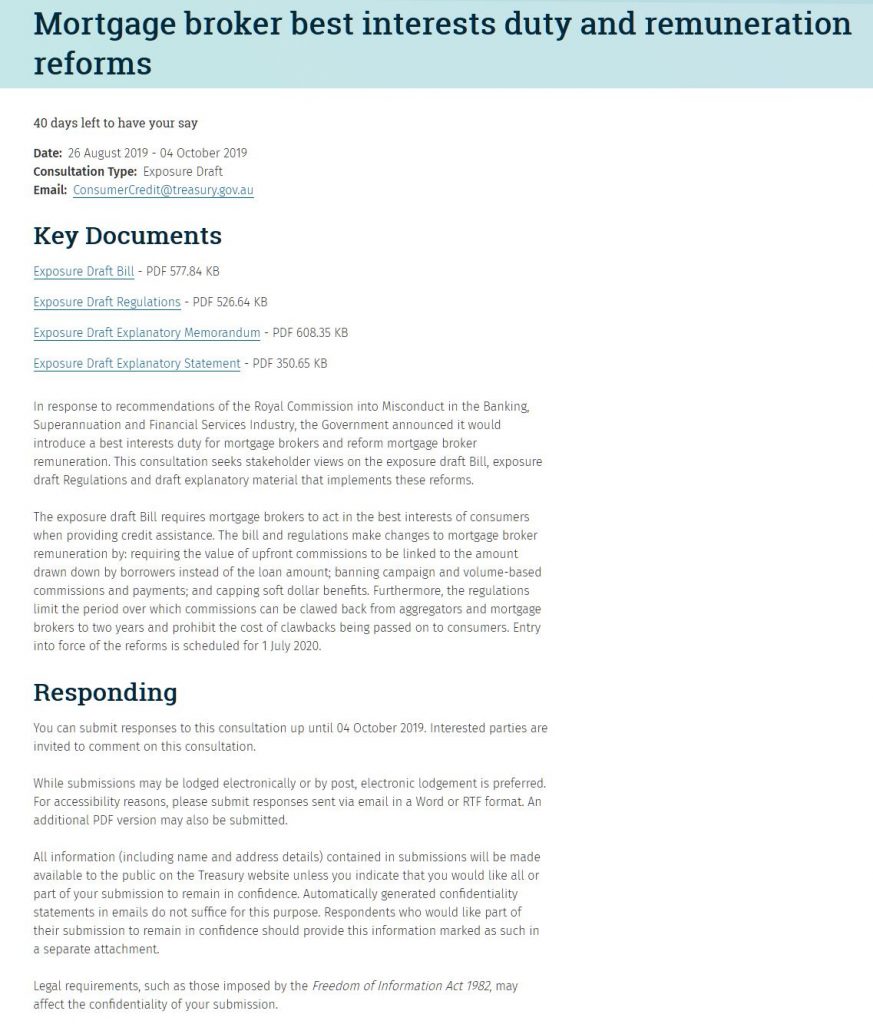ASIC says that Allianz Australia Insurance Limited (Allianz) will refund over $8 million in consumer credit insurance (CCI) premiums and fees including interest to more than 15,000 consumers.

This follows ASIC’s review of the sale of CCI by lenders in Report 622 Consumer credit insurance: Poor value products and harmful sales practices (REP 622), and forms part of ASIC’s broader priority to address harms and unfair practices impacting consumers in insurance.
Allianz’s refund relates to the sale of cover to consumers who were ineligible to make a claim for unemployment or disability, the sale of death cover to customers under 21 years of age who were unlikely to need that cover, and the charging of fees to customers who paid premiums by the month without adequate disclosure.
The remediation program covers certain CCI products issued by Allianz including mortgage and loan protection policies sold through financial institutions. These CCI products provided cover against the risk of consumers being unable to meet loan commitments because of death, injury, illness or involuntary unemployment.
To address these issues, Allianz will,
- for ineligible sales of unemployment and disability cover,
- refund premiums charged plus interest for active, cancelled or lapsed policies sold between 1 January 2011 to 31 December 2018;
- reassess all withdrawn and declined claims where the consumer was ineligible for the policy at the time of sale;
- invite consumers to submit a claim if they have not already done so and pay valid claims plus interest; and
- continue to honour active policies and not rely on employment eligibility criteria as a basis to decline an unemployment or disability claim;
- for sales of death cover to customers under 21 years of age,
- refund all premiums charged plus interest for active, cancelled or lapsed policies sold between 1 January 2011 to 31 December 2018; and
- preserve existing death cover for active policyholders on current terms without charging for it;
- for monthly policy payment customers,
- refund all administration fees and loading charged plus interest; and
- correct any future direct debit amounts.
ASIC Commissioner Sean Hughes said, ‘Disappointingly, our work on the sale of CCI has highlighted widespread mis-selling and poor product design. This remediation outcome is only one of many examples where CCI has failed consumers. We expect insurers to cease to sell insurance products that provide little or no value.’
‘We need a financial system that is fair. Insurers and other financial institutions need to rise to the challenge and embed the principle of fairness into their businesses to ensure we do not see any further instances of this kind of poor value product being pushed on to consumers’ added Mr Hughes.
Allianz will stop issuing new CCI policies from 30 September 2019. It will continue to fulfil its obligations to existing CCI policyholders.
Allianz is expected to write to all affected consumers about their refund offer from October 2019. Consumers with questions about their cover should contact Allianz by email at here_to_help@allianz.com.au.
Background
ASIC’s recent review of the sale of CCI has resulted in refunds of over $100 million due to more than 300,000 affected consumers. On 11 July 2019, we released Report 622 Consumer credit insurance: Poor value products and harmful sales practices (REP 622) detailing our findings and setting minimum standards for lenders and insurers who issue or sell CCI (19-180MR).
ASIC is currently consulting on a proposal to ban the sale of CCI and direct life insurance through unsolicited telephone calls (19-188MR). The proposed ban aims to address unfair sales conduct and protect consumers from being sold products that they do not need, want or understand.
ASIC has also commenced investigations into a number of entities that have been involved in mis-selling CCI to consumers.
Separately, in 2018, Allianz refunded $45.6 million to 68,000 consumers for add-on insurance sold through car dealerships that were of little or no value (18-008MR).






